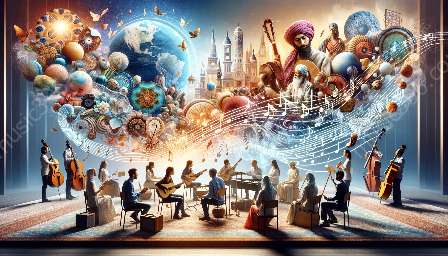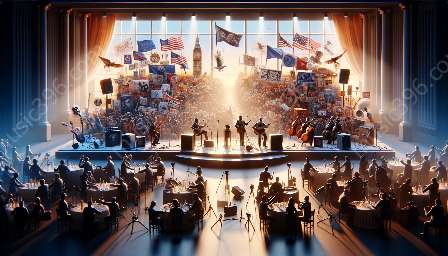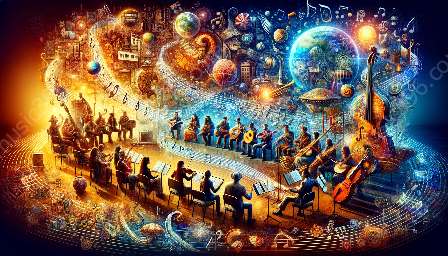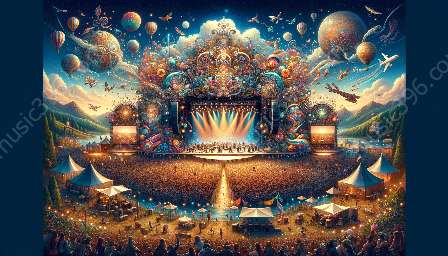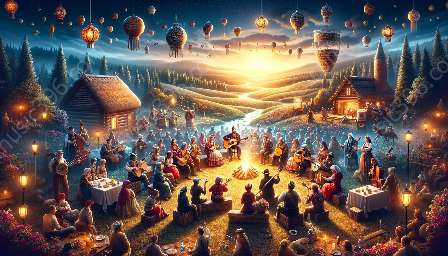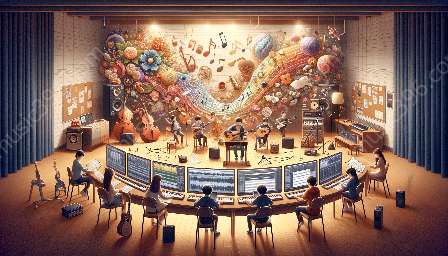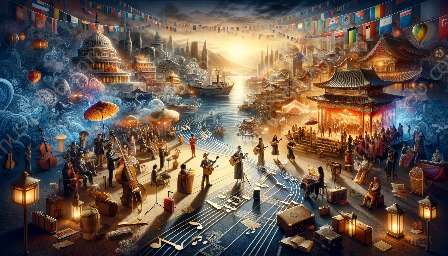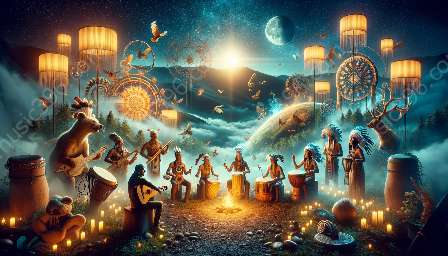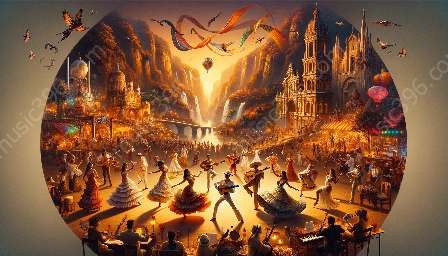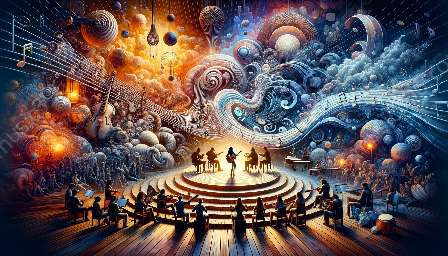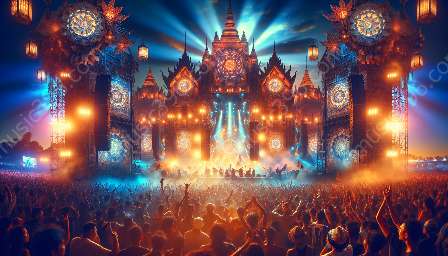Music festivals have played a significant role in promoting cultural exchange and understanding by bringing together diverse music genres and cultures. The interactions at these festivals have facilitated a deeper understanding of different cultural practices and traditions, while also shaping the evolution of music and culture.
Music represents a universal language that transcends cultural boundaries, and festivals provide a platform for artists and audiences to engage in meaningful dialogue and interaction. This article explores the powerful influence of music festivals in fostering cultural exchange and understanding, and its impact on music genres and culture.
Historical Significance
Music festivals have a rich historical significance that dates back centuries, serving as platforms for cultural expression, exchange, and celebration. Through the ages, festivals have provided a space for artists and communities to come together to showcase their unique musical traditions and styles, fostering a sense of unity and solidarity among diverse cultures.
For example, the ancient Greek festivals, such as the Pythian Games and the Panathenaic Festival, featured music competitions and performances that allowed for the exchange of musical ideas and techniques among different city-states, contributing to the development and dissemination of diverse musical genres.
Cultural Exchange
Music festivals serve as vibrant hubs that facilitate cultural exchange by bringing together artists and audiences from different regions and backgrounds. The diverse lineup of performers at these events showcases a rich tapestry of musical genres, including rock, pop, jazz, folk, classical, world music, and more.
Additionally, the fusion of traditional and modern musical elements at festivals reflects the dynamic interplay between heritage and innovation, creating a platform for artists to reinterpret and revitalize cultural traditions while engaging with contemporary trends in music.
By experiencing performances from diverse cultures, audiences gain a deeper appreciation for the unique musical expressions of different communities, fostering cross-cultural understanding and empathy.
Furthermore, music festivals often feature workshops, discussions, and collaborative performances that encourage cultural exchange and dialogue among musicians and audiences. These interactions not only promote the sharing of musical knowledge and techniques but also provide opportunities for individuals to engage in meaningful conversations about the cultural significance of music.
Impact on Music Genres and Culture
Music festivals have significantly influenced the evolution and cross-pollination of music genres and culture. The convergence of diverse musical styles and traditions at festivals has led to the emergence of new hybrid genres and collaborative projects that transcend geographical and cultural boundaries.
For instance, world music festivals have played a crucial role in popularizing and promoting traditional music from various parts of the world, allowing global audiences to experience the richness and diversity of cultural expressions through live performances and recordings. Similarly, the influence of electronic dance music festivals has extended beyond club culture, impacting mainstream music genres and popular culture.
Moreover, the inclusive nature of music festivals has contributed to the representation and visibility of underrepresented cultural communities, providing a platform for marginalized voices to be heard and celebrated. Festivals featuring indigenous, folk, and roots music, for example, have become essential in preserving and promoting cultural heritage while challenging stereotypes and fostering greater cultural appreciation.
Conclusion
In conclusion, music festivals have served as catalysts for cultural exchange and understanding, fostering dialogue, appreciation, and collaboration among diverse music genres and cultures. The celebration of music at festivals reflects the beauty of cultural diversity and the universal language of music, contributing to a more interconnected and empathetic global community.
Through the interaction and convergence of music genres and culture, festivals continue to play a vital role in shaping the dynamic evolution of music and promoting intercultural understanding and solidarity.





